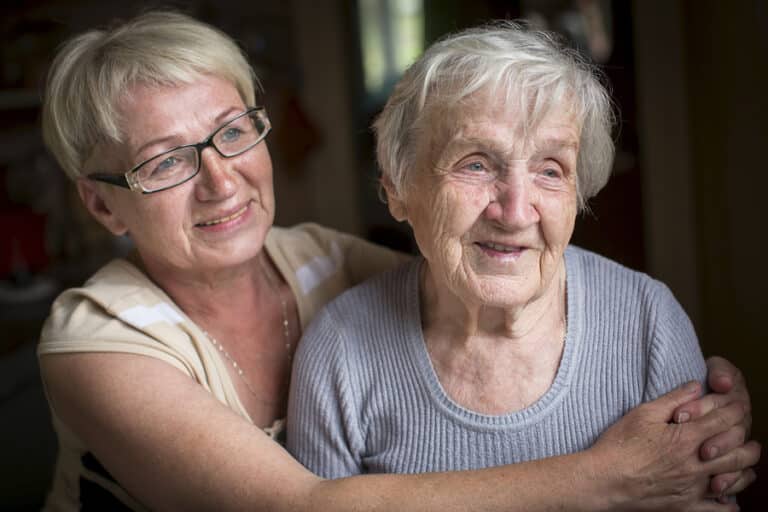
It’s tempting to believe that the curative treatments your senior tries are going to help her for the rest of her life. But at some point, that might change and your elderly family member may want to opt for hospice treatments instead.
Your Senior Tells You She Wants to Stop Curative Treatments
The most obvious sign that your elderly family member isn’t finding curative therapies helpful is when she tells you so. She might tell you in a subtle way, like remarking how exhausting certain treatments are or by wanting to reschedule treatments more often. Sometimes aging adults may tell you outright that they want to end curative treatments in favor of more palliative options. Heed those words, because your senior likely means what she’s telling you.
Symptoms Are Getting Worse
When curative treatments aren’t working for your elderly family member, she’s likely to feel worse. And side effects from the treatments and from her illness are likely to be worse as well. How your elderly family member feels may be one of the biggest factors in deciding it’s time for hospice elder care, simply because you want her to have the best quality of life that she can have.
Your Senior Is Uncomfortable More Often
If you are noticing that your aging family member is uncomfortable more often than not, that’s a big sign that something really does need to change. The entire goal of hospice elder care is to help your senior to be as comfortable as possible in the time that she has left. Working toward making her comfortable is a lot easier with help.
She Seems More Restless or Confused than Usual
Something else that can happen at this stage of your senior’s life is that she can start to feel more confused, restless, or agitated. That can make curative treatments a lot more difficult for her to tolerate. Other types of treatments that help her to stay as comfortable as she can be helps her to manage agitation and to feel less overwhelmed by medical treatments.
At some stage, it’s very possible that continuing to try to cure health issues is not what your senior needs or wants. Talk with her about what she’s experiencing and what she needs. Finding options, like hospice care treatments, that do work for her can make a huge difference in the time that your elderly family member has left.
If you or an aging loved-one is considering hospice or palliative care in north Texas, please contact the caring staff at Arcy Healthcare today. 469-293-1515
My name is Jimmie Stapleton. I am the founder and CEO of Arcy Healthcare. Arcy Healthcare includes Arcy Hospice, Arcy Supportive Care, Arcy Home Health and Arcy at Home.
Arcy Hospice was opened in 2007 to provide care and support for individuals and families facing a life limiting illness. It was established after my wife Ellen, who had been diagnosed with breast cancer, had completed her chemo and radiation therapies. At that time, things were looking positive, and we wanted to do something for our community that had been so supportive of our family during her treatments. Unfortunately, the cancer returned a few years later, and she subsequently passed away under our care in 2010.
In the years that followed, I began to see the need to provide the same level of excellent care to patients across the continuum of care. Therefore, we have added a home health division (Arcy Home Health), a palliative care division (Arcy Supportive Care), and a home care division, (Arcy at Home). With the addition of these divisions, we can meet most of the post-acute care needs for you and your family in your home.
I started Arcy Hospice with my wife as my motivation to provide exceptional care and support in the patient’s home, where they are surrounded by family and where they feel most comfortable. I’m proud to say that our staff provides some of the best in home care in the Dallas-Ft. Worth area.
Please let us know if we can enrich the quality of life for you or a loved one.
Sincerely,
Jimmie Stapleton – Founder and CEO
Arcy Healthcare
- Arcy Healthcare Expands Presence in Home Care Market - June 6, 2025
- Understanding the Connection Between Sleep and Balance - May 21, 2025
- Arcy Proudly Supports the TWU Meyers Stroke Center - May 19, 2025




